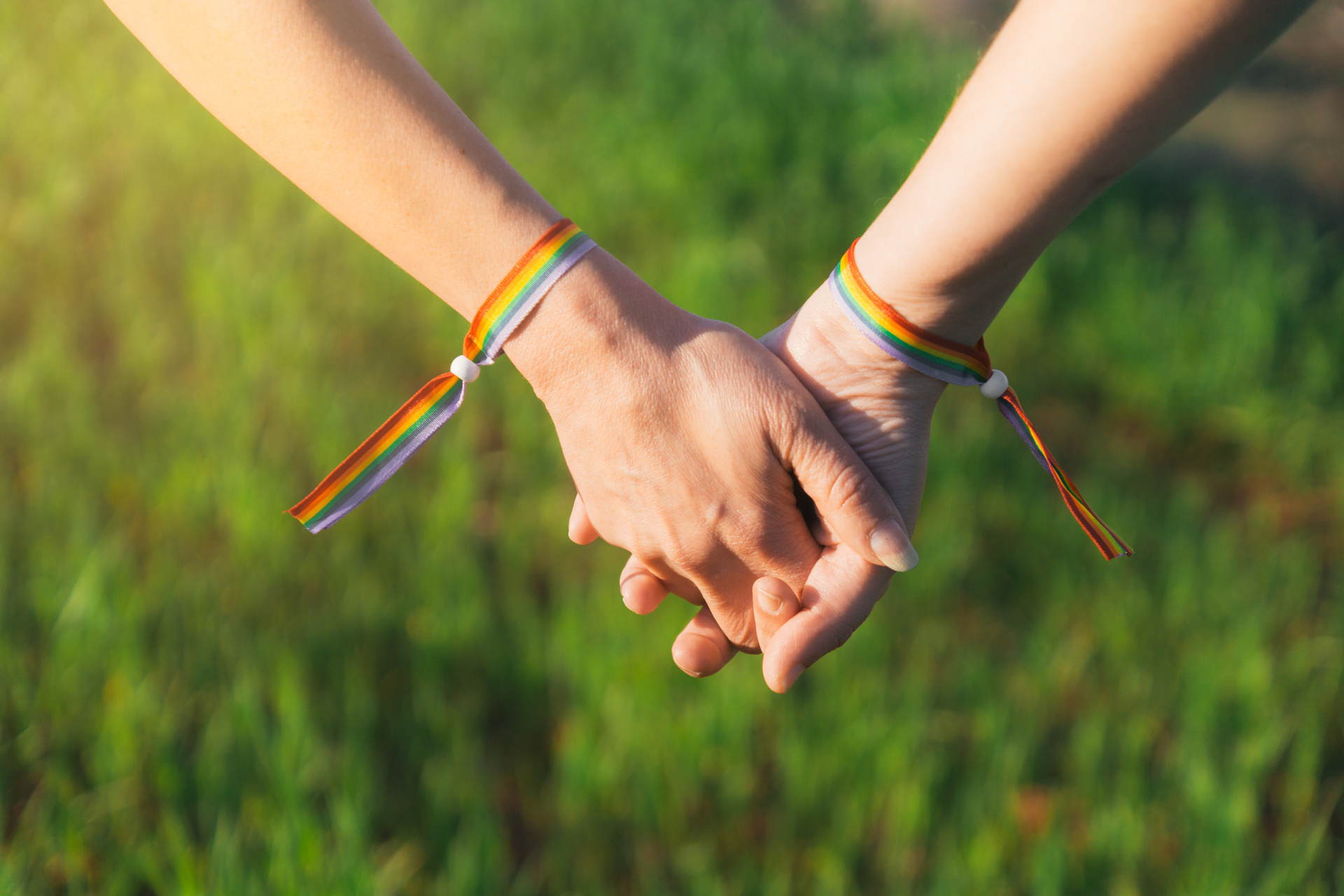In recent years, awareness of LGBTQ+ (lesbian, gay, bisexual, transgender, and queer) issues in Japanese society has gradually increased. Efforts are being made in many areas, including the dissemination of information in the media and on the Internet, and the promotion of understanding in educational settings, but it is also true that many issues remain. This article will delve into the current state of LGBTQ+ in Japanese society from a variety of perspectives.
Increased Awareness and Social Change
Over the past few decades, awareness of the LGBTQ+ community has steadily increased in Japan. For example, events such as Tokyo Rainbow Pride have taken root, and many people have shown their support for LGBTQ+ rights and existence; in a 2021 survey, approximately 80% of Japanese people expressed their support for the legalization of same-sex marriage, indicating a progressive international awareness.
Efforts by corporations and local governments are also attracting attention. For example, some local governments have introduced same-sex partnership systems, and some legal protections are being granted to same-sex couples. In addition, major companies are increasingly working on diversity and inclusion initiatives to create LGBTQ+ friendly work environments. Examples include accommodating same-sex partners in benefit packages and providing locker rooms and restrooms for transgender employees.
Prejudice and Discrimination Remain Challenges
Meanwhile, the challenges facing the LGBTQ+ community remain wide-ranging. Many experience prejudice and discrimination in their daily lives. For example, there is anxiety about coming out in the workplace, bullying in the educational setting, and rejection by family members.
In the workplace, many still find it difficult to openly discuss their sexual orientation or gender identity. Particularly in smaller companies or those with traditional workplace cultures, LGBTQ+ understanding may not be well developed. In these environments, employees may be forced to work under the guise of concealing their identity, which can result in emotional stress and poor performance in the workplace.
Even in the educational setting, LGBTQ+ children and youth are not being adequately supported. In Japan, education that touches on sexual orientation and gender identity is still limited, and teachers and parents lack knowledge. This risks increasing the number of students who are bullied and isolated.
Current Status and Prospects of the Legal System
Lack of legal protection is another major challenge. Currently in Japan, same-sex marriage is not legally recognized and it is difficult for same-sex couples to establish legal parent-child relationships. There are also no laws that explicitly prohibit discrimination based on sexual orientation or gender identity. This leaves LGBTQ+ people without adequate guarantees of their rights to an equal life.
However, there are signs of hope. In recent years, lawsuits seeking same-sex marriage have been filed in many parts of Japan, and in 2021, the Sapporo District Court issued a landmark ruling that the current law not recognizing same-sex marriage “violates the Constitution. This ruling has served as a catalyst to revitalize debate on legal reform.
What Companies and Individuals Can Do
Corporate and individual efforts are crucial to creating a society that is comfortable for LGBTQ+ people to live in. Companies can make their work environments more inclusive by building a culture of respect for diversity and introducing specific measures. In addition, educational institutions must eliminate prejudice and provide inclusive learning opportunities through awareness-raising activities for students and teachers.
At the individual level, efforts to eliminate prejudice in daily life are important. For example, learning correct knowledge about LGBTQ+ and developing a better understanding of the sexual orientation and gender identity of others can help break the cycle of prejudice. Also, by offering support and encouragement to LGBTQ+ people, we can help create a society in which they feel safe to express themselves.
Conclusion
The current situation of LGBTQ+ people in Japanese society is one of progress in raising awareness, as well as challenges in the legal system and in everyday life. For Japanese society to further accept diversity and evolve into an inclusive society in the future, each individual must deepen their understanding of LGBTQ+ issues and take action. In particular, it is essential that efforts be made on many fronts, such as legal development, education, and improvement of the work environment. Further efforts are required to ensure that the Japan of the future will be a livable society for all people.


